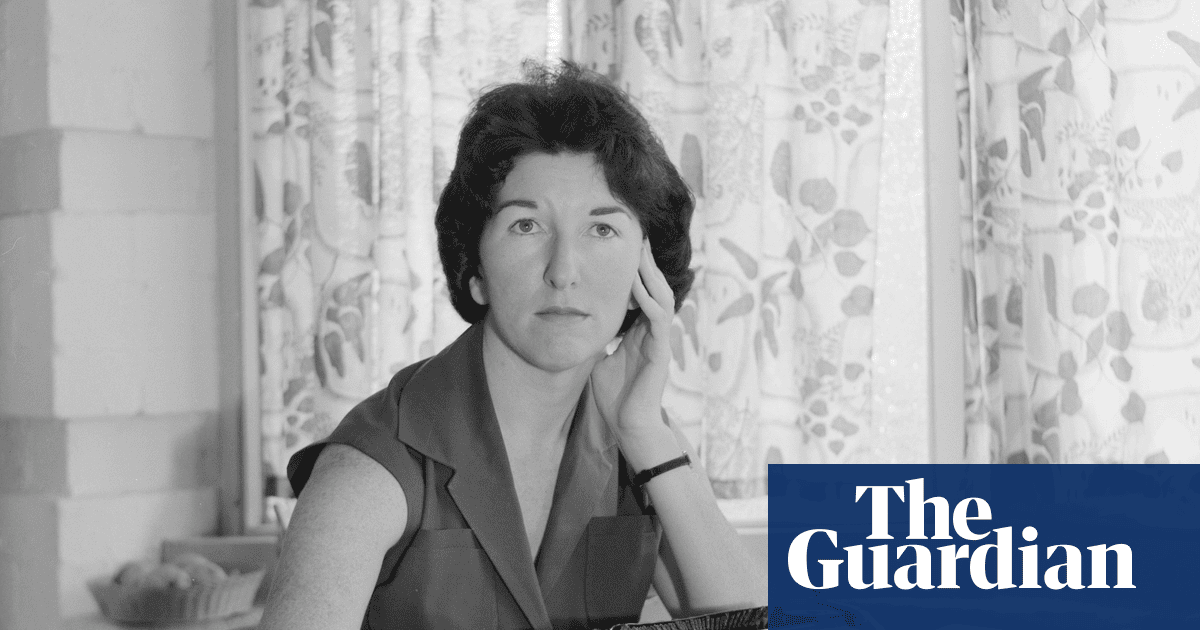
"In 1966 Elizabeth Harrower was on the brink of literary fame. Critics hailed her fourth book, The Watch Tower, as one of the year's most important Australian novels, alongside The Solid Mandala by her friend Patrick White. The Sydney Morning Herald's Harry Kippax wrote that one can be grateful to have had in twelve months two such additions to the small body of distinguished Australian novels."
"Harrower was born in 1928 in Newcastle, north of Sydney, a lonely child of divorced parents and grandparents. She escaped her unhappy youth in the 1950s by moving to London, where she wasted nothing of what she had suffered and seen. She lived poor and wrote furiously to produce the first three novels, all intense psychological dramas that drew on her family life, her sharp observation of society and her experiences in cold-war, class-ridden England."
"By then Harrower had written another novel but withdrawn it from her English publisher, disappointed by his reaction. After some false starts she stopped writing and all but disappeared for the next 40 years before being rediscovered, unexpectedly, when she was in her 80s. So it won't be surprising if you haven't heard of Harrower."
Elizabeth Harrower earned strong critical acclaim in 1966 for The Watch Tower, which reviewers ranked among the year's most important Australian novels. She was born in 1928 in Newcastle to divorced parents and grandparents and moved to London in 1951. Harrower drew on an unhappy childhood and sharp social observation to write intense psychological dramas set against Cold War, class-ridden England. She lived in poverty while producing her early novels. After withdrawing a later manuscript and facing publisher disappointment, she largely stopped writing for forty years before being rediscovered in her eighties. Her work probes emotional tyranny and anticipates calls for women’s liberation.
Read at www.theguardian.com
Unable to calculate read time
Collection
[
|
...
]